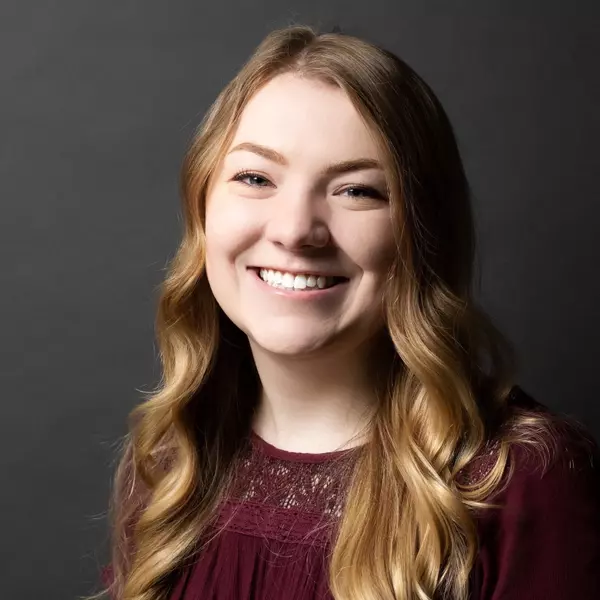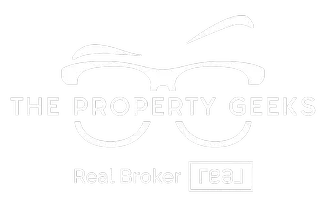How to Get Rid of Private Mortgage Insurance (PMI)

Private Mortgage Insurance (PMI) allows you to put less than 20% down on a home, but it also adds another expensive line item to your monthly payments. If you're wondering how to get rid of PMI payments, read on for help with leveraging your equity or refinancing your loan to remove PMI from your monthly mortgage payment.
For homeowners with a Conventional loan, the rules about who must have private mortgage insurance and for how long come from the Homeowners Protection Act, also known as the PMI Cancellation Act. There are four methods you can use to terminate your PMI, according to these guidelines:
Wait for PMI to Terminate Automatically
When your principal loan balance reaches 78% of the home's original value (sale price), your PMI will automatically terminate. Additionally, if you reach the halfway point of your repayment term - 15 years on a 30 year loan, for example - the PMI will drop off regardless of the principal balance.
Request PMI Cancellation
You can request PMI cancellation before it automatically terminates - when the principal loan balance reaches 80% of the home's original value (sale price). The date you're expected to reach 80% should be listed on your PMI disclosure form or provided by your lender - you can also find this on your ammoritization schedule for your loan.
The timeline is really in your hands though, because you're allowed to pay more than your scheduled payments require. If you can manage to pay down the balance to 80% ahead of your scheduled payments, you'll significantly speed up how quickly you can drop PMI. For the highly motivated borrowers who meet the other criteria (have been making regular payments and are willing to pay for an appraisal), this can be a great option.
Refinance to get rid of PMI
Another option is to refinance into a conventional loan. If you have at least 20% equity in your home, you can avoid PMI payments on the new loan; just be sure that you weigh the benefits agains the costs of a refinance. Unlike requesting a cancellation of PMI (which is usually free aside from the cost of an appraisal), refinancing requires you to pay closing costs and provide documentation of your home's value and your income, assets and credit. You should also be aware of "seasoning requirements", that can make it difficult to refinance within one year of buying the home.
Through your Home's Equity
If your home's value increases enough that you reach the 20% equity threshold, you can request cancellation just as you would if you'd paid down the principal balance down to 80%. You'll still be required to prove that your home has gained value, so be prepared to order a home appraisal with your lender.
How does PMI work?
PMI exists to protect your lender in the event you default on the loan. Because lenders have tomake an educated guess about whether you'll be able to repay the loan, they aren't willing to take a risk on a borrower who can't put down at least 20% - at least not without the safety net of PMI. If you're unable to make payments and the loan goes into default, PMI will cover what you aren't able to pay.
You're required to get PMI on a conventional loan when you're buying a house with less than a 20% down payment, or if you're refinancing and you have less than 20% quity in the home. Homebuyers with a traditional 80/20 mortgage, which is a loan of 80% of the purchase price and a 20% down payment, can avoid PMI.
Things You Should Know
Don't confuse PMI with homeowners insurance and mortgage protection insurance, which protect the interests of the homeowner. Homeowners insurance policies typically kick in to cover damange to the home due to unforseeable events like fires, natural disasters or theft. With mortgage protection insurance, the insurance company will help repay the mortgage when the policyholder becomes disables or dies.
Government-Backed Loan Programs
FHA loans: If you're buying or refinancing with a loan backed by the Federal Housing Administration (FHA), you'll likely pay an upfront mortgage insurance premium (UFMIP) and an annual mortgage insurance premium (MIP) that typically can't be cancelled unless you put down at least 10% at closing - otherwise the PMI will stick for the life of the loan.
VA loans: Loans guaranteed by the U.S. Department of Veterans Affairs (VA) require an upfront funding fee instead of ongoing mortgage insurance. The cost is based on your loan amount, down payment and whether it's your first time uding VA benefits.
USDA loans: The U.S. Department of Agriculture (USDA) requires an upfront loan guarantee fee (that may not exceed 1% of the principal loan balance), and an annual guarantee fee (that may not exceed 0.35% of the average annual scheduled unpaid principal balance).
How to Avoid PIM with a no-PMI Mortgage
If you don't want to pay PMI or worry about how to cancel it, you can avoid the entire cost by getting a mortgage that doesn't require PMI.
Larger Downpayment: If you want a mortgage without PMI, you'll need to make a down payment of at least 20% of the sale price of the home. Remember to keep some cash on hand for home repairs and emergencies.
Lender-Paid PMI Loan: The lender covers your PMI and in return you agree to pay a higher interest rate for the life of the loan. You and your lender should compare these options to see if the higher rate is worth what you would save by avoiding PMI payments.
VA or USDA Loan: If you're a military borrower or you're purchasing in a rural area, you may qualify for a VA loan backed by the U.S. Department of Veterans Affairs, or a USDA loan guaranteed by the U.S. Department of Agriculture. As mentioned above, neither loans have PMI, but they do come with other fees to consider.
Categories
Recent Posts
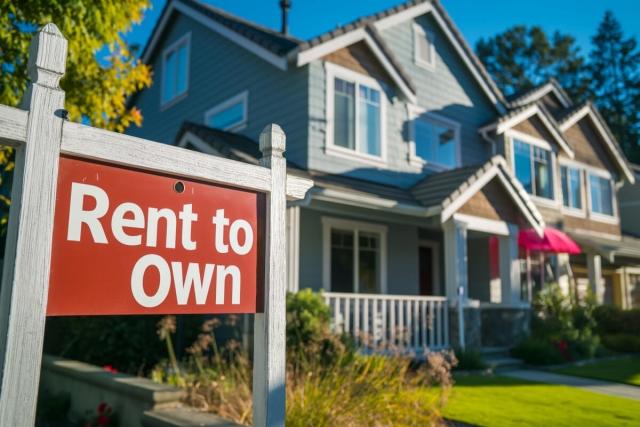

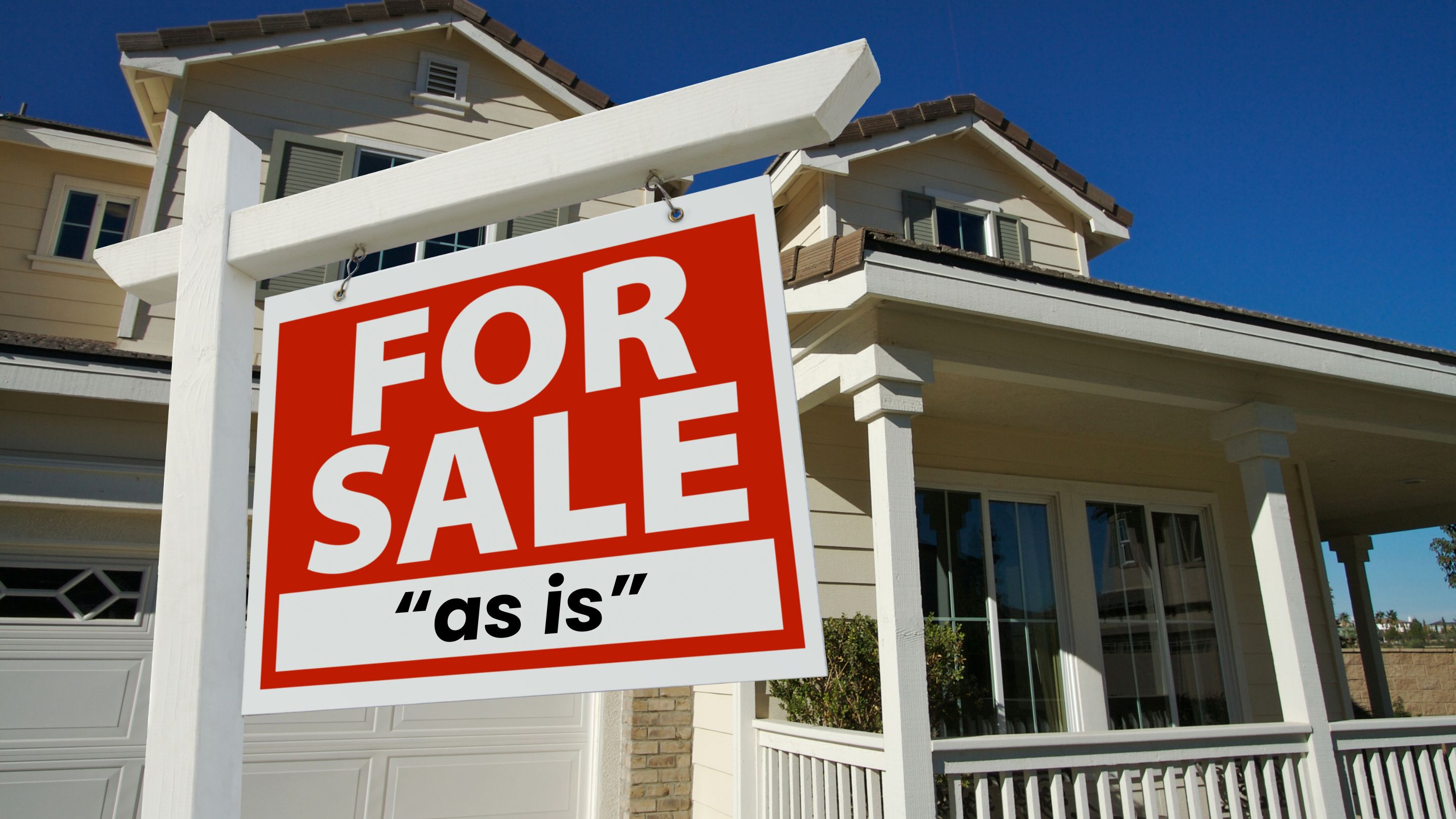
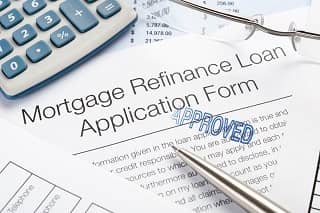


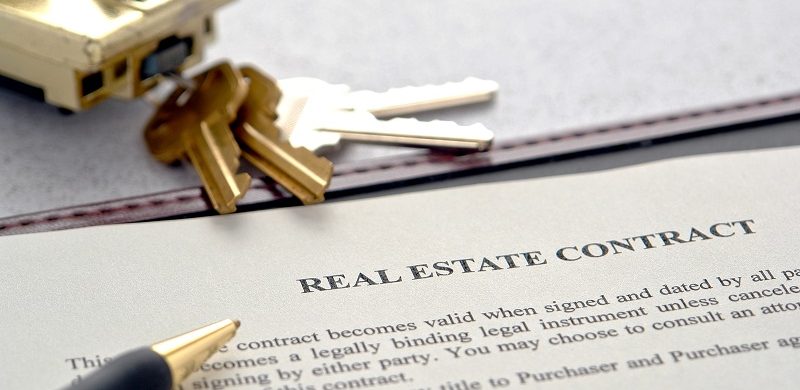



GET MORE INFORMATION
